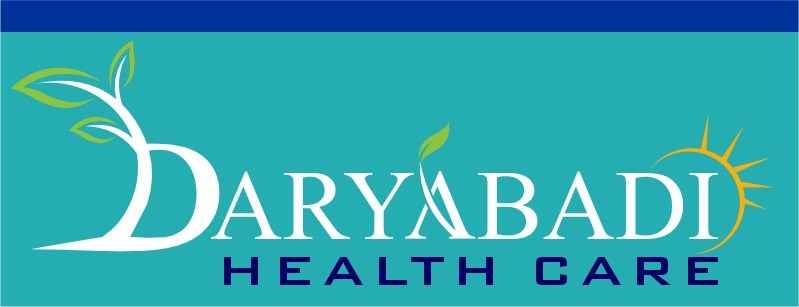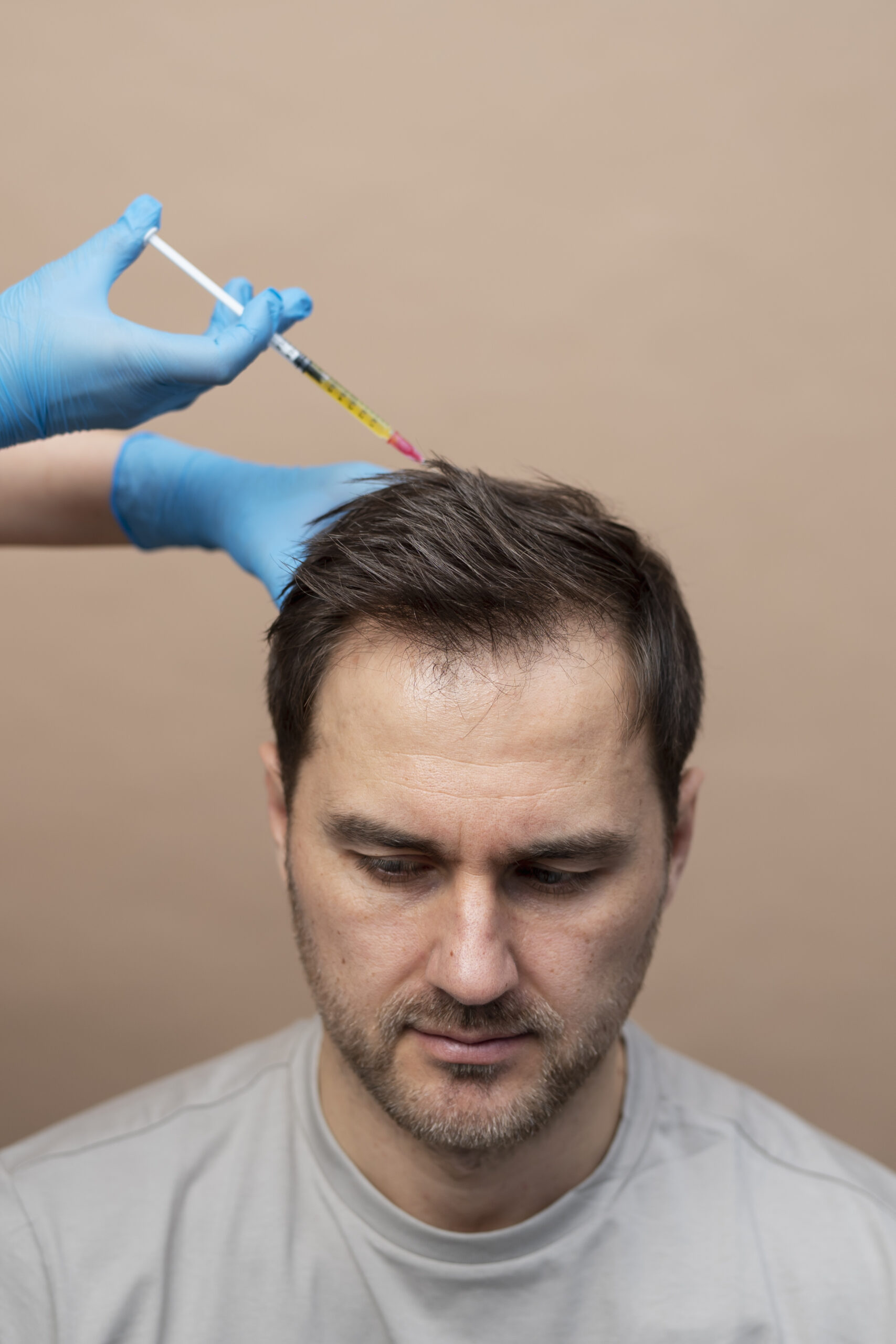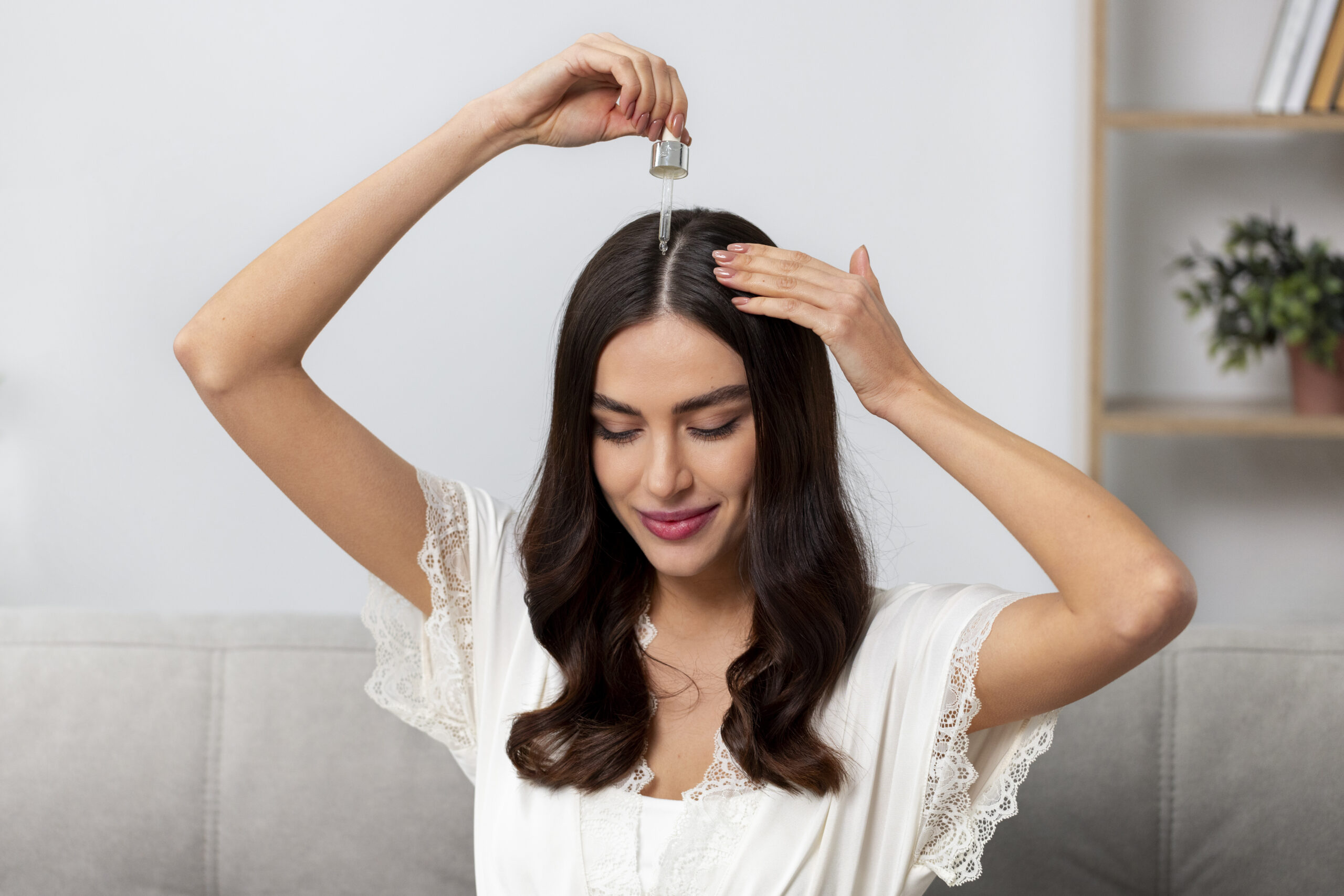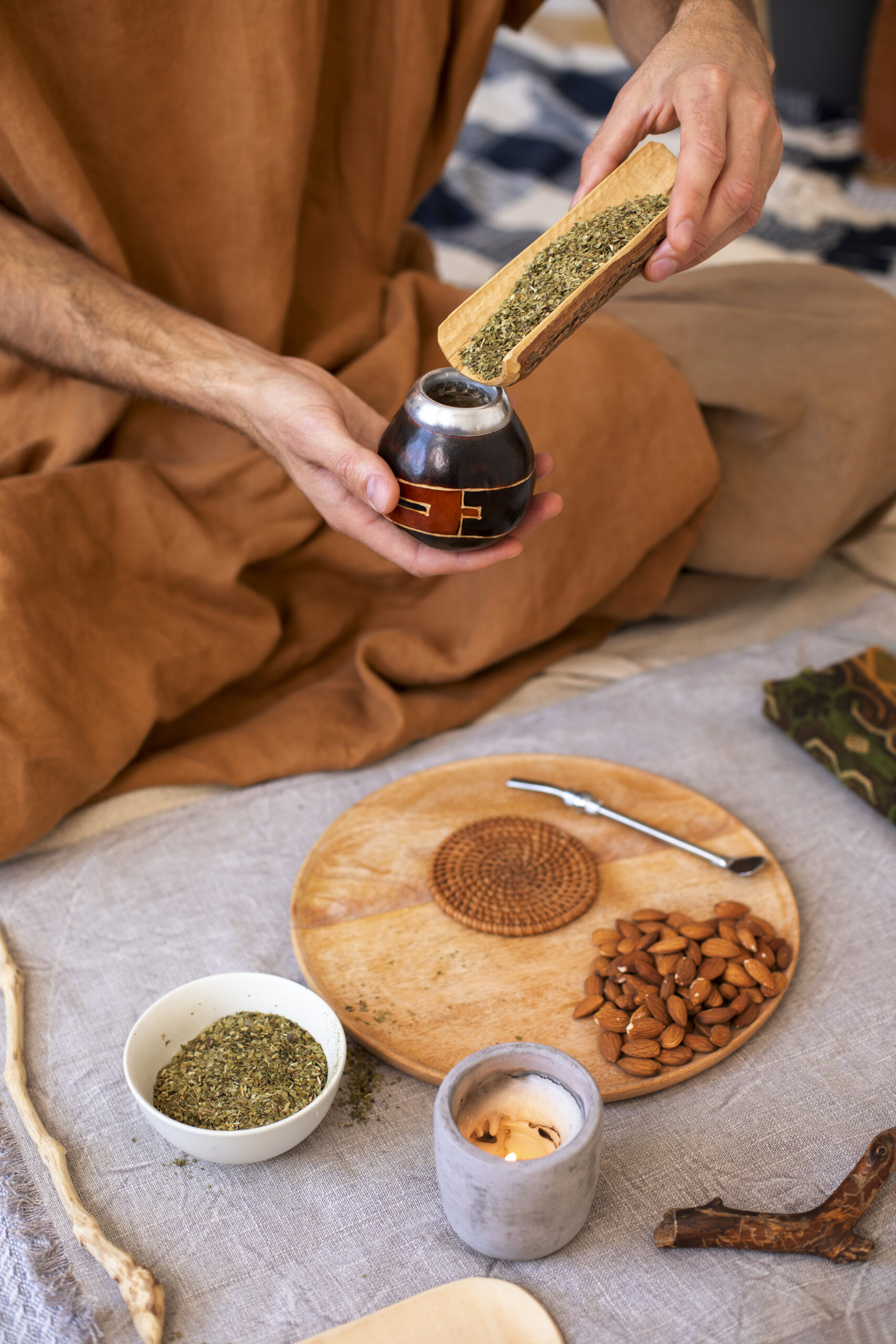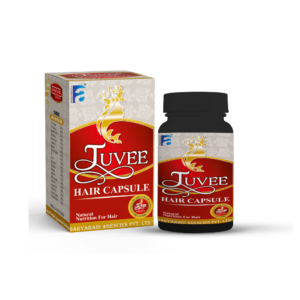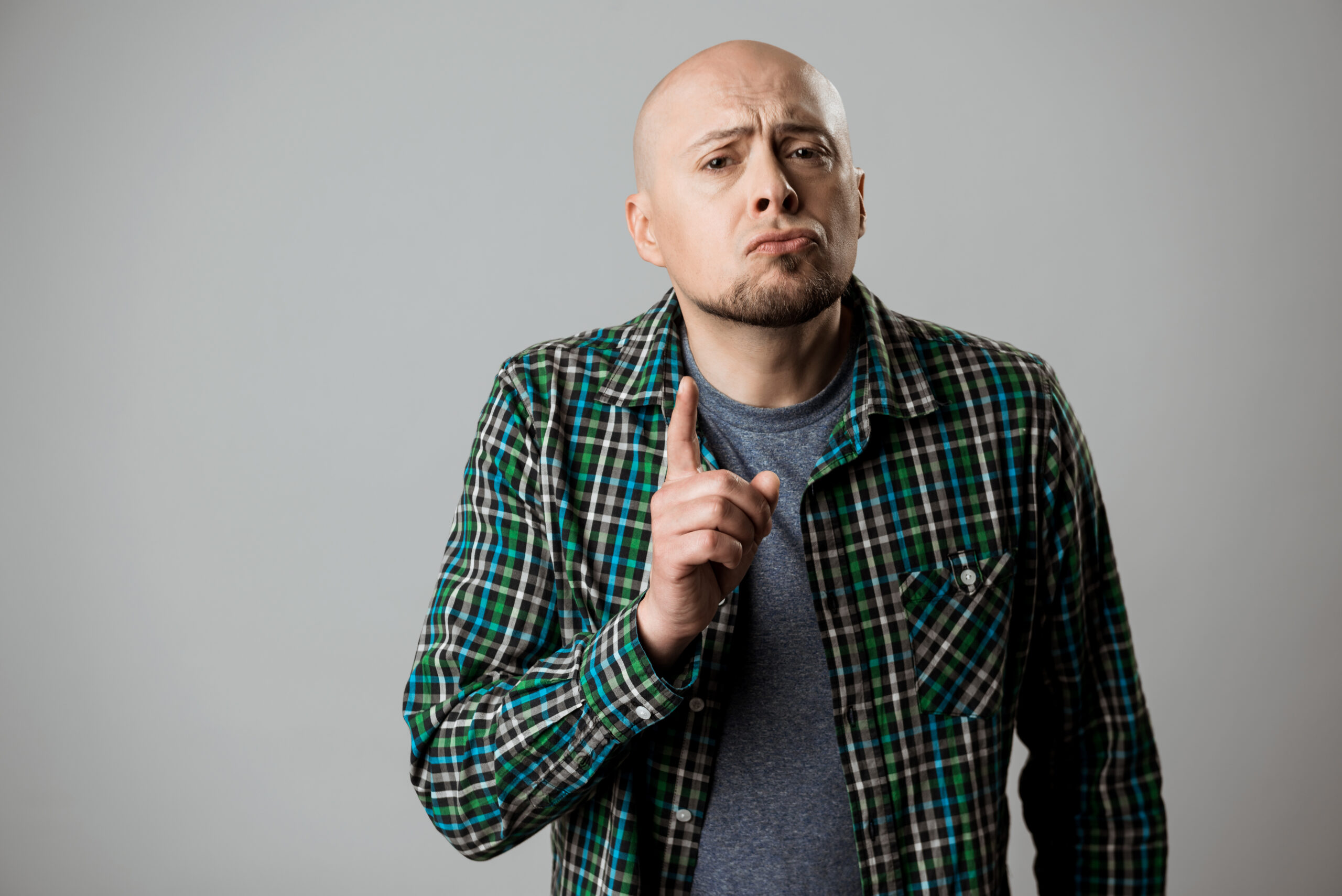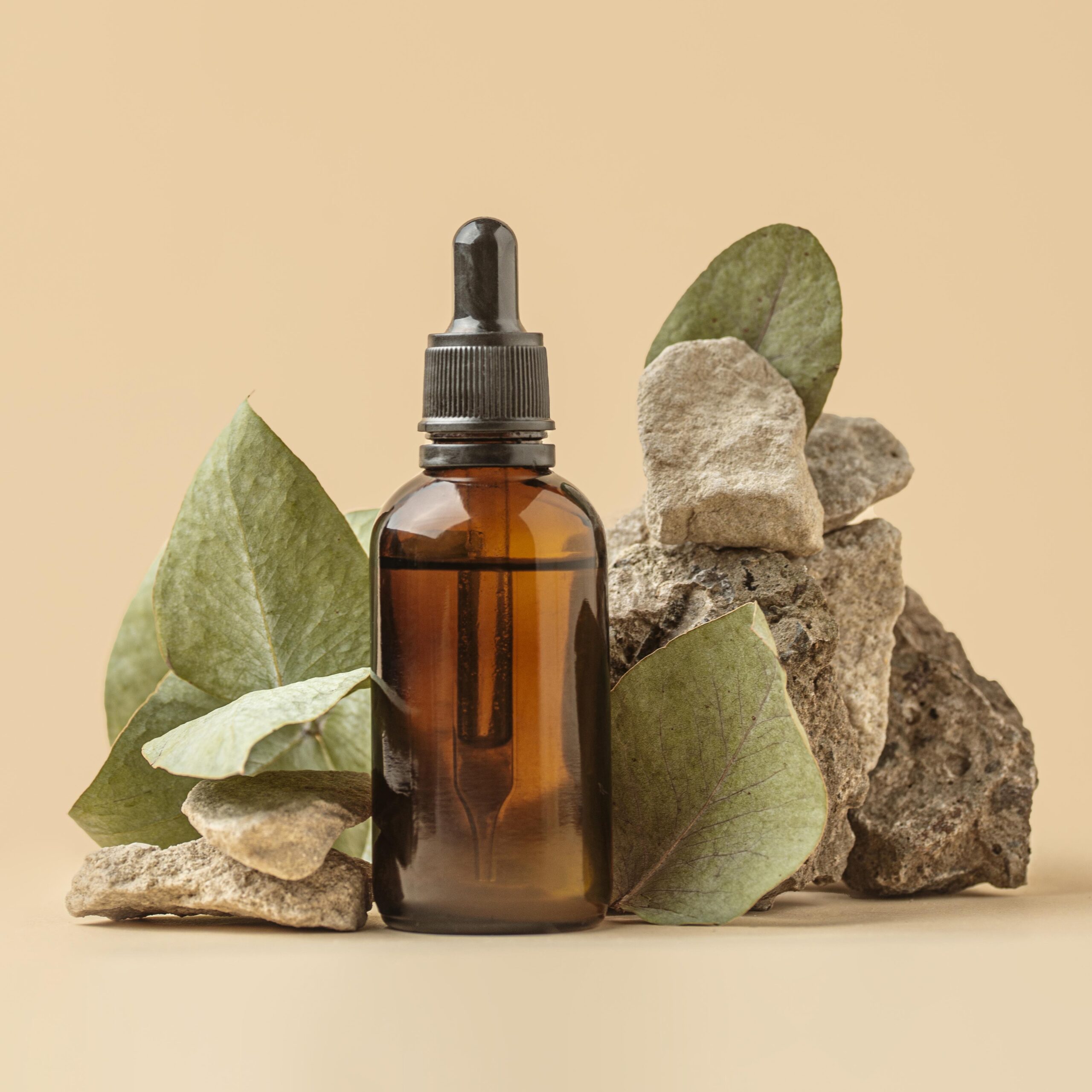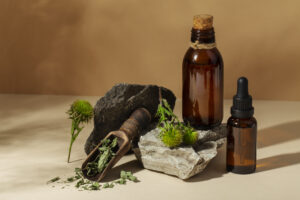Title: Alopecia and Herbal Cream: A Natural Approach to Hair Loss
Introduction:
Hair loss, or alopecia, is a common condition that affects millions of people worldwide, leading to thinning or balding areas on the scalp. While various factors contribute to hair loss, including genetics, hormonal imbalances, stress, and medical conditions, many individuals seek natural solutions to address this concern. In this blog, we explore the relationship between alopecia and herbal cream, highlighting the potential benefits of incorporating herbal remedies into a holistic approach to hair loss treatment.
DISCLAIMER: The information provided in this blog is for educational and informational purposes only and is not intended as medical advice. The content is not intended to diagnose, treat, cure, or prevent any disease. Readers are advised to consult with a qualified healthcare professional regarding their specific health concerns and before starting any herbal remedies or health regimen. While every effort has been made to ensure the accuracy and completeness of the information presented, the author and publisher assume no responsibility for any errors or omissions. The use of herbal remedies and traditional medicine should be undertaken with caution and under the guidance of a qualified healthcare practitioner, especially for individuals with pre-existing medical conditions or those taking medications. The inclusion of specific herbs or formulations in this blog does not imply endorsement or recommendation. Individual responses to herbal remedies may vary, and it is important to consider individual health needs and sensitivities. Always read product labels and instructions carefully before use. By accessing and using this blog, readers acknowledge and agree to the terms of this disclaimer and release the author and publisher from any liability arising from the use or misuse of the information provided.
Understanding Alopecia:
Alopecia is characterized by the gradual or sudden loss of hair from the scalp, resulting in noticeable thinning or bald patches. The most common types of alopecia include:
- Androgenetic Alopecia: Also known as male-pattern or female-pattern baldness, androgenetic alopecia is the most common form of hair loss, characterized by a progressive thinning of hair in a specific pattern.
- Alopecia Areata: This autoimmune condition causes sudden hair loss in small, round patches on the scalp or other areas of the body.
- Telogen Effluvium: Telogen effluvium is a temporary form of hair loss that occurs due to factors such as stress, illness, hormonal changes, or medication.
While conventional treatments for alopecia often include medications, topical solutions, and hair transplant surgery, many individuals prefer natural alternatives that are gentle on the scalp and free from harsh chemicals.
Herbal Cream for Hair Loss:
Herbal creams formulated specifically for hair loss offer a natural and holistic approach to promoting hair growth, strengthening hair follicles, and nourishing the scalp. These creams typically contain a blend of herbal extracts, essential oils, vitamins, and minerals known for their hair-stimulating properties. Here are some key ingredients commonly found in herbal creams for hair loss:
- Bhringraj (Eclipta Alba): Bhringraj is an Ayurvedic herb known for its rejuvenating properties and ability to promote hair growth. It nourishes the scalp, strengthens hair follicles, and helps prevent hair fall.
- Amla (Indian Gooseberry): Amla is rich in vitamin C and antioxidants, which help stimulate hair growth, reduce hair fall, and improve scalp health.
- Brahmi (Bacopa Monnieri): Brahmi is known for its calming and cooling properties, making it beneficial for soothing an irritated scalp and promoting healthy hair growth.
- Neem (Azadirachta Indica): Neem has antimicrobial and anti-inflammatory properties that help maintain scalp health and prevent dandruff and other scalp conditions that contribute to hair loss.
- Coconut Oil: Coconut oil is a popular natural remedy for hair loss due to its moisturizing and conditioning properties. It helps strengthen hair, reduce breakage, and improve overall hair health.
BENEFITS OF HERBAL CREAM FOR HAIR LOSS:
Using herbal cream as part of a comprehensive hair care regimen offers several potential benefits for individuals experiencing hair loss:
- Promotes Hair Growth: The potent blend of herbal extracts and nutrients in herbal cream stimulates hair follicles, promoting healthy hair growth and reducing hair fall.
- Nourishes the Scalp: Herbal creams nourish and hydrate the scalp, improving circulation and creating an optimal environment for hair follicles to thrive.
- Strengthens Hair: By strengthening the hair shaft and preventing breakage, herbal cream helps improve the overall strength and resilience of the hair.
- Improves Scalp Health: Herbal ingredients with antimicrobial and anti-inflammatory properties help maintain scalp health, reducing the risk of scalp conditions that contribute to hair loss.
- Safe and Gentle: Herbal creams are formulated with natural ingredients that are gentle on the scalp and free from harsh chemicals, making them suitable for all hair types, including sensitive scalps.
INCORPORATING HERBAL CREAM INTO YOUR HAIR CARE ROUTINE:
To maximize the benefits of herbal cream for hair loss, follow these simple steps:
- Cleanse the Scalp: Start by washing your hair with a gentle shampoo to remove dirt, oil, and product buildup from the scalp.
- Apply the Herbal Cream: Take a small amount of herbal cream and massage it into the scalp using circular motions. Pay special attention to areas prone to hair loss or thinning.
- Leave-In or Rinse Out: Depending on the instructions provided with the herbal cream, you can either leave it in overnight for intensive treatment or rinse it out after a designated period.
- Repeat Regularly: For best results, use herbal cream consistently as part of your hair care routine, following the recommended application frequency.
CONCLUSION:
Herbal cream offers a natural and effective solution for addressing hair loss and promoting healthy hair growth. By harnessing the power of herbal extracts, essential oils, and nutrients, individuals can nourish their scalp, strengthen their hair follicles, and achieve thicker, fuller hair. Whether used as a standalone treatment or in combination with other natural remedies, herbal cream provides a gentle and holistic approach to combating alopecia and restoring hair health.
